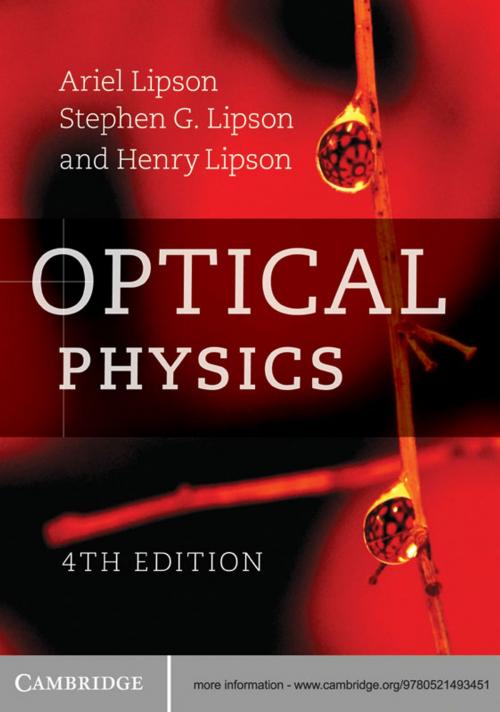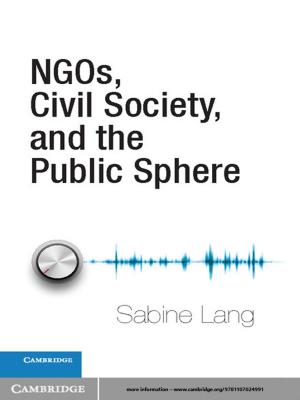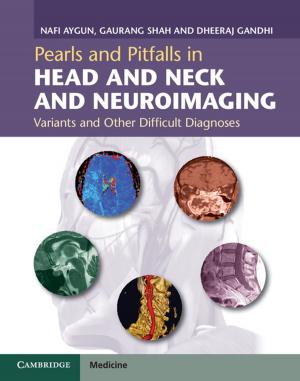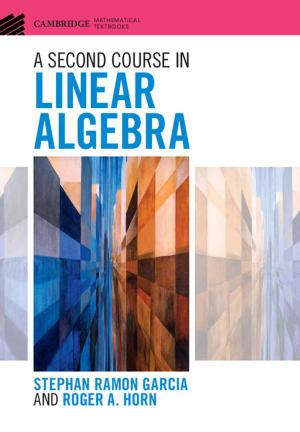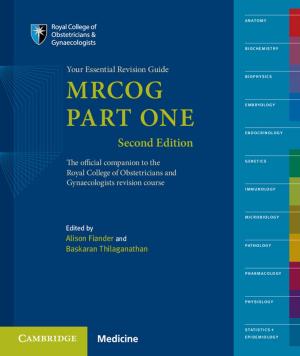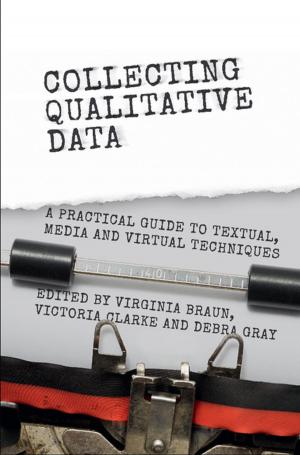| Author: | Ariel Lipson, Stephen G. Lipson, Henry Lipson | ISBN: | 9781139635950 |
| Publisher: | Cambridge University Press | Publication: | October 28, 2010 |
| Imprint: | Cambridge University Press | Language: | English |
| Author: | Ariel Lipson, Stephen G. Lipson, Henry Lipson |
| ISBN: | 9781139635950 |
| Publisher: | Cambridge University Press |
| Publication: | October 28, 2010 |
| Imprint: | Cambridge University Press |
| Language: | English |
This fourth edition of a well-established textbook takes students from fundamental ideas to the most modern developments in optics. Illustrated with 400 figures, it contains numerous practical examples, many from student laboratory experiments and lecture demonstrations. Aimed at undergraduate and advanced courses on modern optics, it is ideal for scientists and engineers. The book covers the principles of geometrical and physical optics, leading into quantum optics, using mainly Fourier transforms and linear algebra. Chapters are supplemented with advanced topics and up-to-date applications, exposing readers to key research themes, including negative refractive index, surface plasmon resonance, phase retrieval in crystal diffraction and the Hubble telescope, photonic crystals, super-resolved imaging in biology, electromagnetically induced transparency, slow light and superluminal propagation, entangled photons and solar energy collectors. Solutions to the problems, simulation programs, key figures and further discussions of several topics are available at www.cambridge.org/lipson.
This fourth edition of a well-established textbook takes students from fundamental ideas to the most modern developments in optics. Illustrated with 400 figures, it contains numerous practical examples, many from student laboratory experiments and lecture demonstrations. Aimed at undergraduate and advanced courses on modern optics, it is ideal for scientists and engineers. The book covers the principles of geometrical and physical optics, leading into quantum optics, using mainly Fourier transforms and linear algebra. Chapters are supplemented with advanced topics and up-to-date applications, exposing readers to key research themes, including negative refractive index, surface plasmon resonance, phase retrieval in crystal diffraction and the Hubble telescope, photonic crystals, super-resolved imaging in biology, electromagnetically induced transparency, slow light and superluminal propagation, entangled photons and solar energy collectors. Solutions to the problems, simulation programs, key figures and further discussions of several topics are available at www.cambridge.org/lipson.
